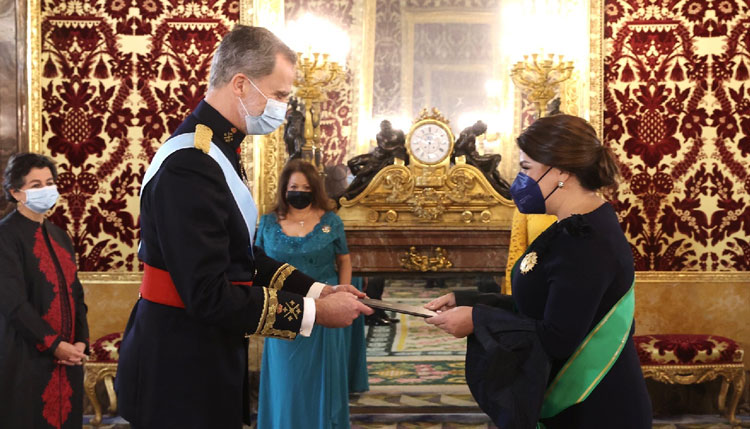Eduardo González
The Instituto Cervantes made a profit of almost €11 million in 2019 thanks to Spanish certification and courses, a result that contrasts sharply with the more than €20 million in losses that have been estimated for 2020 because of the pandemic.
According to the annual accounts for 2019, published last week in the Official State Gazette (BOE), the Instituto Cervantes obtained a budget result of almost 11 million euros in 2019, an increase of 57.33% over the previous year, thanks mainly to certification tests and enrolments in Spanish courses.
Specifically, according to the Institute itself, the certification tests (the official Diploma of Spanish, DELE; the tests of constitutional and sociocultural knowledge of Spain, CCSE; and the International Service of Spanish as a Foreign Language, SIELE) represented an increase in revenue of 47.37% with respect to 2018. In addition, the Spanish courses taught in 2019, both at Cervantes centres and online, increased enrolment income by 4.47%.
On the other hand, the report also devotes a chapter to “Events after the end of 2019” and, more specifically, to COVID-19, which forced the closure of “a large part of the face-to-face activity in all the centres throughout 2020, the transfer of face-to-face courses to online courses and the reprogramming of cultural and library activity to offer online services and content”, according to the institution.
“Certification income has been the most affected”, and although in some centres face-to-face activity is gradually recovering “with many limitations and uncertainties”, others continue to be affected by the confinements in the respective countries, the report indicates. This situation “will lead to a significant decrease in income from the organisation’s own activities in 2020, the extent of which cannot be quantified at this stage”, it adds.
On 6 October, the director of Instituto Cervantes, Luis García Montero, reported at the annual meeting of the Board of Trustees that its own income from academic and certifying activities had fallen by 18 million euros and that a total decrease of around 25 million euros was expected by the end of the year. In the absence of official figures (the latest Report for 2019-2020 makes many allusions to the effects of the pandemic and the expected economic results for some sites, but does not include general figures), García Montero himself specified almost a month later before the Foreign Affairs Committee of the Congress that the drop in income could be around 22 million. “The first calculations were for a drop in income of 28 million, then we thought it would be 25 million and now we are hoping for 22 million”, he added.







